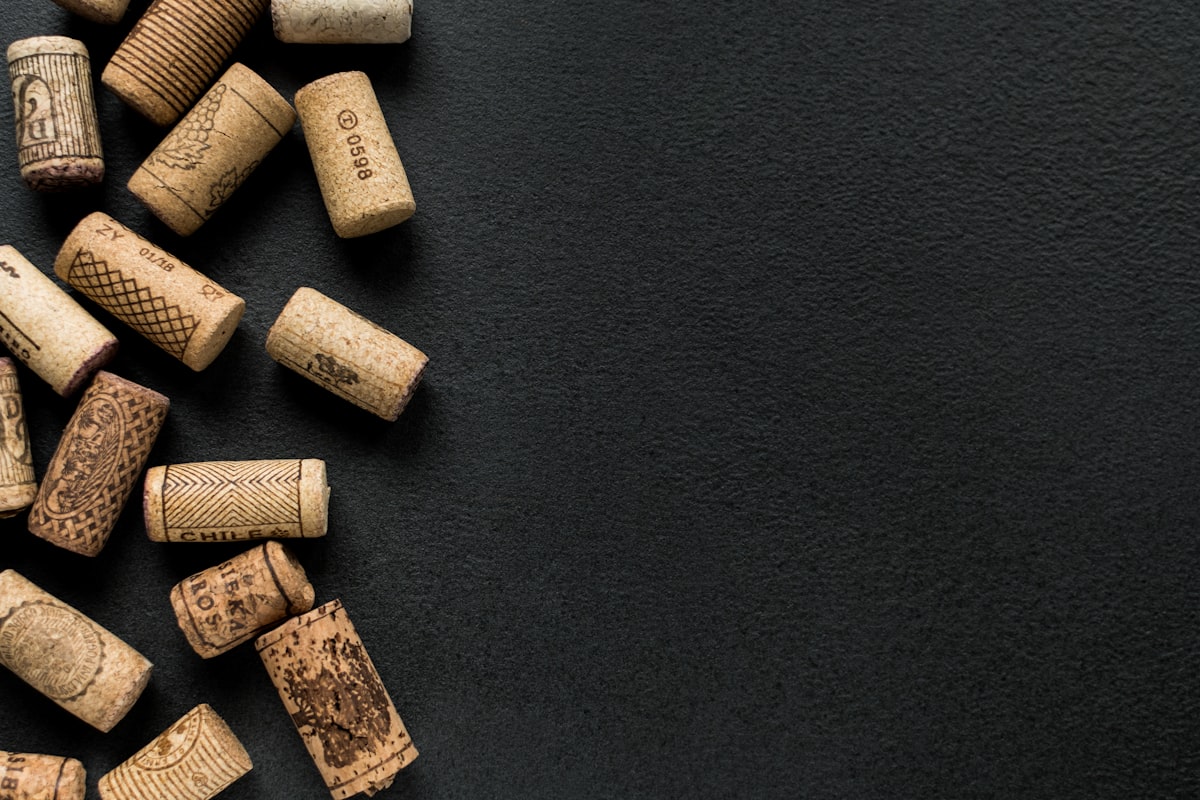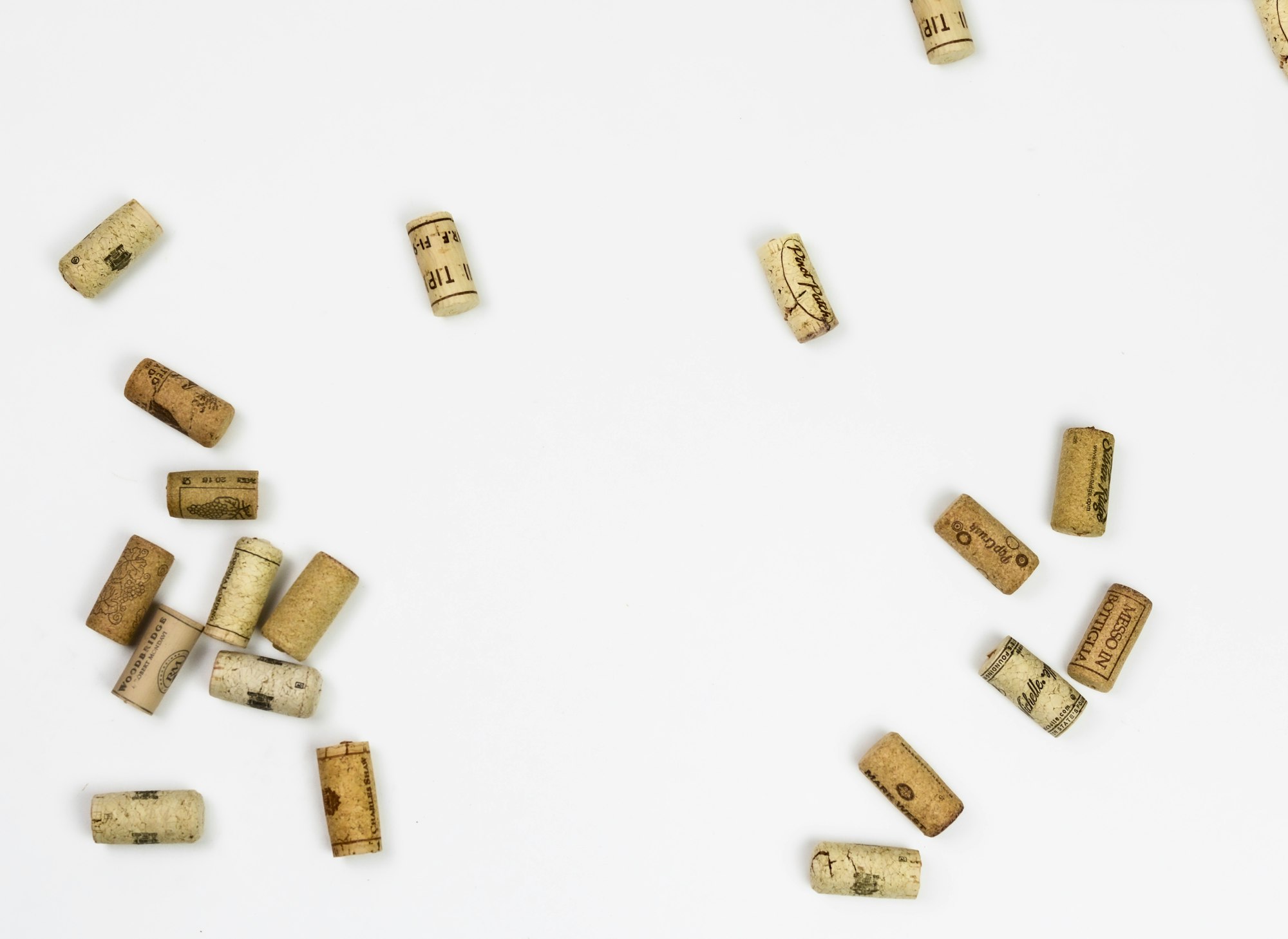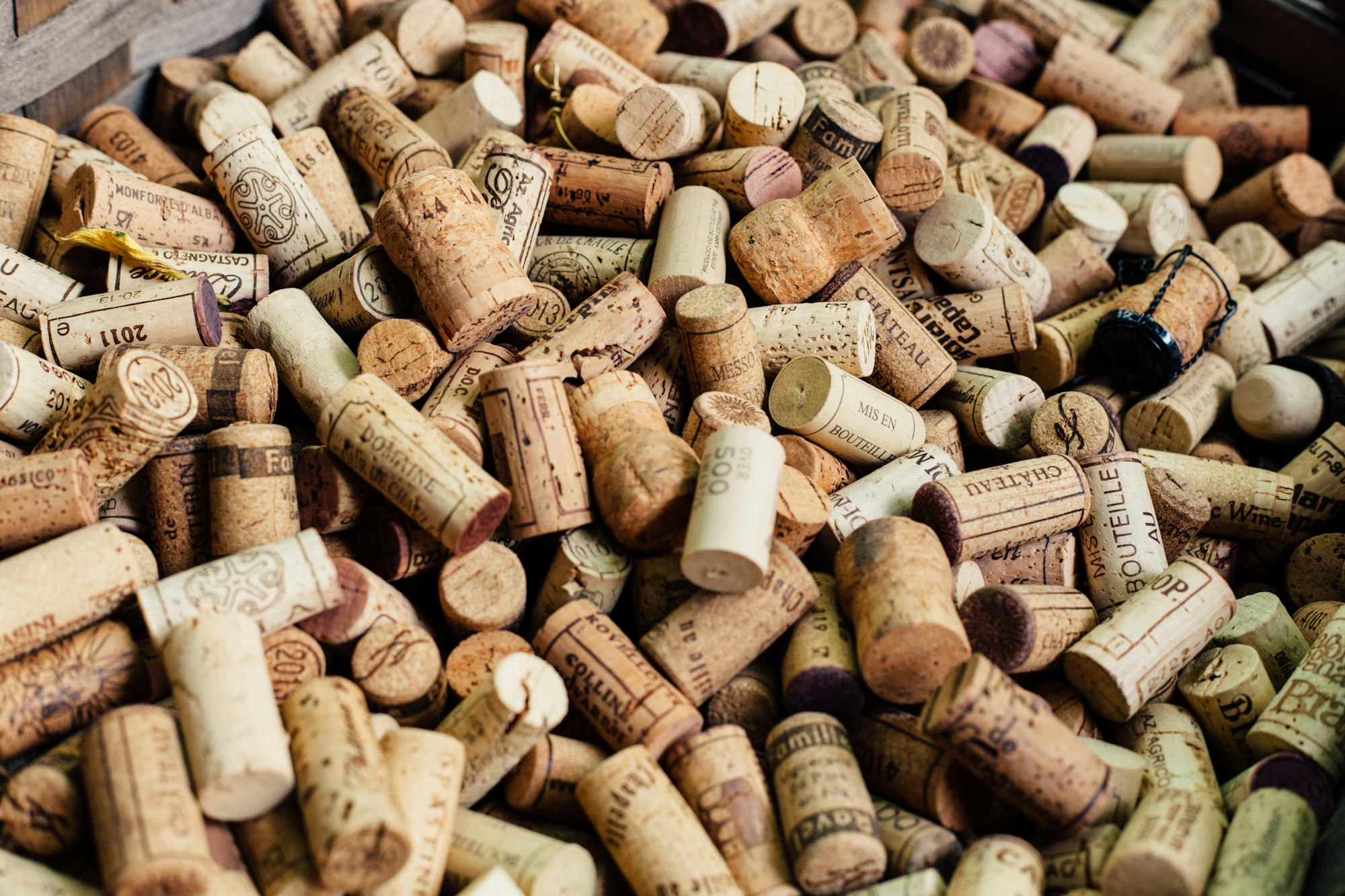These Companies Want to Recycle Your Cork
Many wine bottles have a natural cork stopper, but how do we dispose of the cork once you have finished the bottle?

Many wine bottles have a natural cork stopper, but how do we dispose of the cork once you have finished the bottle?
When we think about cork, alcohol may come to mind with wine or corkage. Typically, alcohol often comes in cans or glass, allowing the container to be recycled once the drink has been consumed. However, what happens to bottles that feature cork stoppers? Outside of alcohol, cork is used to make cork boards and sprayed onto buildings, to name a few.
What’s So Eco-Friendly About Cork?
Cork is harvested from ancient cork oak forests from across the globe. These landscapes cover approximately 2.7 million hectares of Portugal, Spain, Algeria, Morocco, Italy, Tunisia, and France. The cork business provides a vital source of income for more than 100,000 people. Cork trees live between 100 and 300 years, supporting one of the highest levels of biodiversity. The WWF reports that these forests are home to globally endangered species such as the Iberian Lynx, the Iberian Imperial Eagle and the Barbary Deer.
At this point, you might be wondering, how eco-friendly is cork? Cork does not depend on trees being chopped down, in fact, quite the opposite is true. Cork is harvested naturally, this means just the bark of the lower part of the tree is cut by hand, using an axe. The workers are skilled in their job, resulting in no damage occurring to the tree. However, the harvesting of cork only occurs every nine years, once the trees reach maturity. This allows the bark to heal and thicken for another harvest. Thus allowing perpetual harvesting without damaging the surrounding forests or ecosystems.

Cork facts
The oldest cork tree was planted in 1783 and stands over 14 metres tall and the diameter of its trunk is 4.15 metres. Since 1820, the cork tree has been harvested over twenty times with the largest yield in 1991 that produced 1200 kg of cork. Amorim wrote that one harvest from 1991 helped to produce over one hundred thousand cork stoppers. Comparatively, the average cork tree harvest extract consists of 40-60 kg per cork oak tree. Lastly, it is estimated that an annual production of 350,000 tons of cork corresponds to a fixing of 182,000 tons of carbon dioxide. The carbon dioxide is retained in the cork oak, and subsequently stored in products made from cork.
Yoursole cited a study by Ernst & Young which revealed that each cork stopper captures more than 300g of CO2, while the cork for a bottle of sparkling wine can store more than 560g of CO2.

How to dispose of cork?
There are a couple of options when it comes to disposing of corks. One such method is composting them according to Compost This. However, they warn that there is a rise in synthetic corks which do not rot down in a compost heap. To find out if a cork is real or synthetic, cut it open to check. A synthetic cork consists of a uniform foaminess inside, while real cork is a bit more random and looks a bit woodier. Cutting corks also helps speed the rate of compostability if the cork is genuine.
Loveliga, one of the companies that accept cork outside of composting, says that recently harvests of cork have dipped due to a lack of water. The quality and thickness of the bark that can be extracted are directly impacted by water.
Recorked also accepts donations of cork by the post. Recorked claims that for every cork collected, they will donate a percentage of their profits to their nominated charities. They also supply free corks to various charities and schools for use in craft projects.
Majestic wines say they have partnered with the Portuguese Cork Association to host the UK's first-ever cork harvest, which will run in all their stores nationwide. The company asks for natural corks to be taken to one of their stores and put in their recycling bins by the checkout. Alternatively, they can be given to Majestic van delivery drivers. Majestic says corks will be given to the Eden Project, where they will be used to enrich soils and protect roots.
Recork has lots of drop off points across America, allowing corks a second life. The brand says they grind purchase leftover trimmings from wine industry partners alongside donated corks. Once ground, both post-consumer and post-industrial cork are re-agglomerated in their patented technique to create ReCORK Recycled Cork. The brand says the new material is used to replace petroleum-based foams and plastics in consumer products, and can be collected and recycled again.
Recently, Waitrose has trialled a cork recycling scheme, starting with seven stores. Described as a UK first, the scheme will encourage people to deposit used natural corks. According to the article written by Edie the collected corks will be sent for recycling by Amorim, the largest cork processing group in the world.
If you have read the entire article, I hope you enjoyed what I wrote. If you did, please share this article with someone who would appreciate it too.




